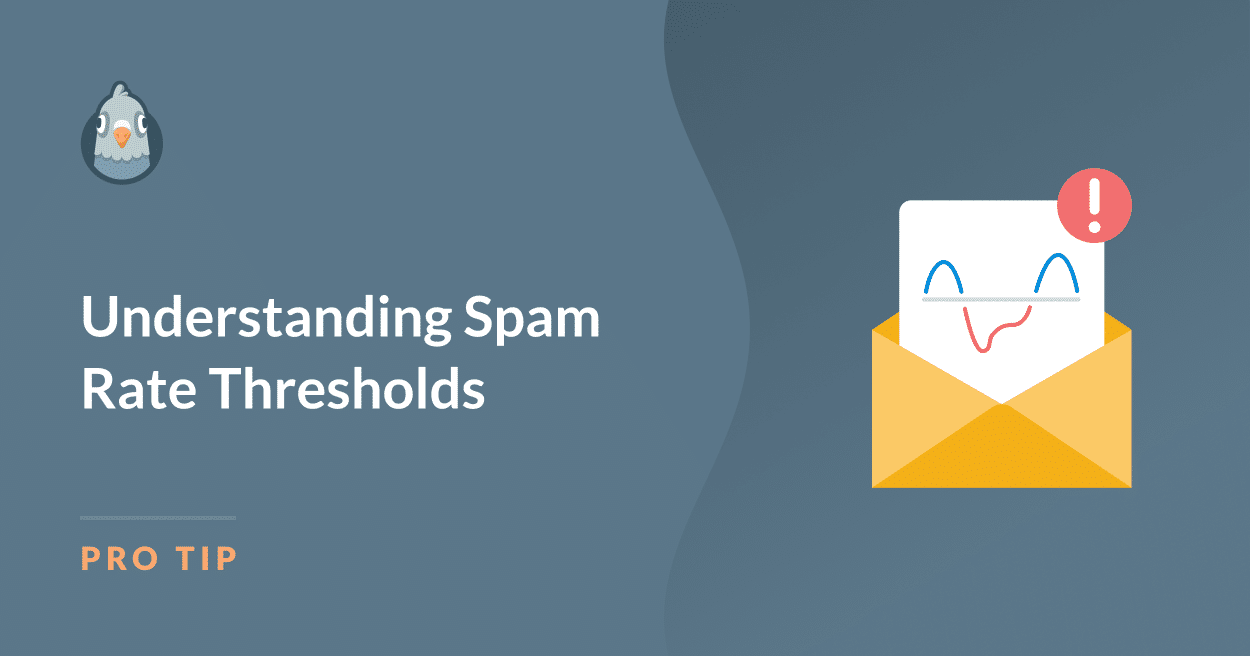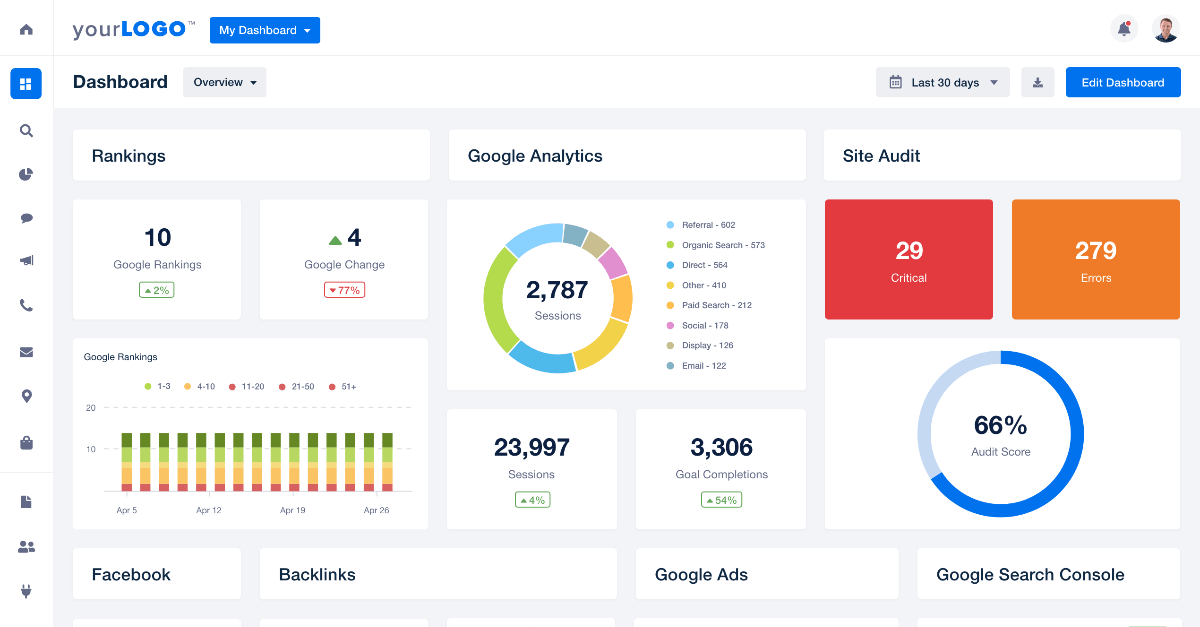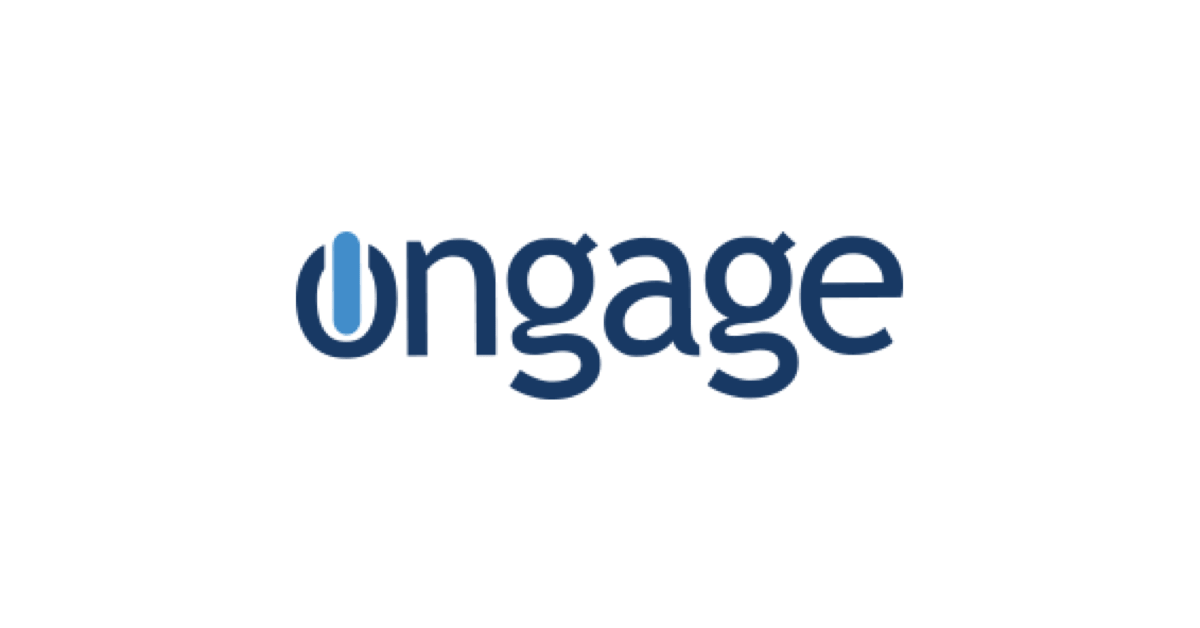Summary
Understanding what constitutes a good spam rate is crucial for maintaining strong email deliverability and sender reputation. A spam rate indicates the percentage of recipients who mark your emails as spam. This metric is closely monitored by internet service providers (ISPs) and can significantly impact whether your emails reach the inbox or are filtered into the spam folder.
The industry benchmark for an acceptable spam complaint rate is remarkably low, often cited as under 0.1%. Going above this threshold can trigger serious deliverability issues, including being blocklisted or having your emails sent directly to the spam folder by major providers like Gmail and Yahoo. It's important to differentiate between how percentages are typically interpreted versus how spam rates are often communicated in a per-thousand context.
Key findings
- Low tolerance: A good spam rate is exceptionally low, typically below 0.1% (or one complaint per 1,000 emails sent).
- Impact on deliverability: Exceeding the 0.1% threshold can lead to severe penalties, including emails being routed directly to spam or your domain being put on a blacklist (blocklist).
- Gmail's perspective: Google actively penalizes senders with spam rates above 0.3%, indicating a critical threshold.
- Calculation nuances: Different email providers and tools may calculate spam rates differently, influencing the reported percentage.
Key considerations
- Percentage interpretation: A 0.1% spam rate means 1 complaint per 1,000 emails. Misinterpreting this (e.g., confusing 1% with 0.1%) can lead to a false sense of security regarding your deliverability health.
- Proactive monitoring: Regularly monitor your spam rates using tools like Google Postmaster Tools to identify spikes and address issues promptly.
- Audience engagement: High spam rates often indicate low engagement or irrelevant content. Focus on sending wanted mail to engaged subscribers to prevent complaints.
- Authentication protocols: Ensure proper SPF, DKIM, and DMARC configurations to build trust with ISPs and reduce the likelihood of emails being marked as spam.
What email marketers say
Email marketers frequently discuss spam rates, particularly in the context of maintaining healthy sender reputation and avoiding blocklists. Their experiences often highlight the nuances of interpreting data from various platforms and the real-world implications of exceeding accepted thresholds. There's a common understanding that any spam complaint is detrimental, emphasizing the need for robust list hygiene and content relevance.
Key opinions
- Spam rate vs. inboxing: Some marketers observe that spam rate tools, like Google Postmaster Tools (GPT), may only count complaints from emails that actually reached the inbox. This means if many emails are already being filtered to spam, the reported rate might appear lower than the actual problem.
- Understanding percentages: There's often confusion around what 0.1% or 1% actually means in terms of complaints per thousand emails, indicating a need for clear definitions.
- Threshold for concern: Even rates as low as 0.3% are considered very high by some, leading to significant deliverability issues and potentially severe penalties.
- Impact of low engagement: Low open rates combined with spam complaints suggest widespread spam filtering, even if the measured complaint rate appears moderate.
Key considerations
- Data accuracy: Relying solely on one platform's spam rate reporting can be misleading; cross-referencing with other metrics like engagement rates and DMARC reports is vital.
- Subscriber quality: High complaint rates are often a symptom of poor list hygiene or sending to unengaged subscribers.
- Content relevance: Marketers should consistently evaluate their content to ensure it meets subscriber expectations and provides value, minimizing the impulse to mark as spam.
- Preemptive action: It is better to manage subscriber expectations and preferences through clear opt-in processes and easy unsubscribe options to avoid complaints rather than reacting after a problem occurs. Understanding your acceptable spam report rate is key.
Email marketer from Email Geeks notes that observing very large spikes in user-reported spam can be concerning, especially when DMARC passes 100% of the time. This suggests that email authentication isn't the primary issue.
Email marketer from Klaviyo Help Center recommends aiming for a spam complaint rate as close to zero as possible, emphasizing that a downward trend from a previously high rate is a good sign. Any complaint rate above 0.1% can be problematic.
What the experts say
Deliverability experts consistently highlight the critical nature of spam rates, often providing deeper insights into how these percentages are calculated by ISPs and what they truly signify for sender reputation. They emphasize that while a low rate is desirable, the specific methodology of measurement (e.g., Google Postmaster Tools only counting inboxed emails) can sometimes obscure the full picture of deliverability challenges. The consensus is that proactive management and understanding the nuances are key to avoiding blocklists and maintaining good sender standing.
Key opinions
- Denominator definition: Experts confirm that Google Postmaster Tools (GPT) typically only counts emails that successfully reached the inbox in its spam rate denominator. This means if emails are largely spam-filtered before reaching the inbox, the GPT spam rate might appear lower than the actual issue.
- Filter testing: Sudden spikes in user-reported spam can be a sign that email filters are 'testing' the sender by allowing some emails into the inbox, only for recipients to mark them as spam, indicating poor performance.
- 0.1% benchmark: The ideal spam rate is consistently below 0.1%, or 1 complaint per 1,000 emails, as this is the widely accepted industry standard.
- Mathematical precision: It is clarified that 0.1% equals 1/1000, 1% equals 1/100, and 10% equals 1/10, correcting common miscalculations of spam rates.
Key considerations
- Contextual analysis: Always check spam rates in conjunction with other metrics like DMARC volume, open rates, and general inbox placement to get a complete picture of deliverability.
- Proactive strategies: Focus on improving engagement, segmenting lists, and sending highly relevant content to mitigate spam complaints, even if authentication is strong.
- Understanding ISP algorithms: Recognize that ISPs constantly adjust their filtering algorithms. A sudden rise in complaints might indicate a new filtering test being applied to your sending patterns.
- Monitoring Postmaster Tools: Regularly reviewing your Google Postmaster Tools is critical for early detection of spam rate issues and understanding their scope.
Expert from Email Geeks advises checking the spam rate against the DMARC volume for the same date, as this can help correlate authentication success with recipient feedback.
Expert from Spam Resource explains that a critical aspect of email deliverability is the complaint rate, and anything above 0.1% can be problematic. They stress the importance of understanding how different feedback loops report these rates.
What the documentation says
Official documentation from various email service providers and industry bodies provides definitive guidelines on spam complaint rates. These documents often outline the calculation methods, the acceptable thresholds, and the consequences of exceeding them. They serve as foundational references for understanding how ISPs perceive sender reputation based on user feedback.
Key findings
- Gold standard: A 0.1% spam complaint rate (1 complaint per 1,000 emails) is widely considered the industry gold standard and should be the target for all senders.
- High rate definition: Spam rates between 0.1% and 0.3% are often considered problematic and may lead to increased filtering. Anything above 0.3% is generally viewed as high and can result in severe deliverability issues.
- Consequences of high rates: Elevated spam rates are a strong indicator of sender reputation issues, leading to emails being diverted to spam folders or outright rejection by recipient servers, including being added to an email blacklist.
- Importance of feedback loops: Documentation often emphasizes the role of feedback loops in reporting these complaints, allowing senders to identify and remove problematic subscribers.
Key considerations
- Adherence to guidelines: Senders must strictly adhere to the spam complaint rate guidelines provided by major ISPs like Gmail, Yahoo, and Outlook to ensure optimal inbox placement.
- List hygiene: Regularly cleaning email lists and removing unengaged subscribers or those who have complained is critical to maintaining a low spam rate.
- User experience: Documentation implicitly (and sometimes explicitly) suggests that providing a positive user experience, including clear unsubscribe options, helps reduce spam complaints. This also helps with your overall email deliverability rate.
- Monitoring tools: Leverage tools that offer insights into your spam complaint rates, such as Google Postmaster Tools, to identify and rectify issues proactively. Understanding email spam rate thresholds is key.
Documentation from WP Mail SMTP states that a spam complaint rate of 0.1% (one complaint per 1,000 emails) is widely considered the industry gold standard for email deliverability. Rates above this can quickly become problematic.
Documentation from Acoustic mentions that a complaint ratio of 0.2% or above is considered high and can negatively impact your email deliverability, emphasizing the low tolerance for spam reports.














